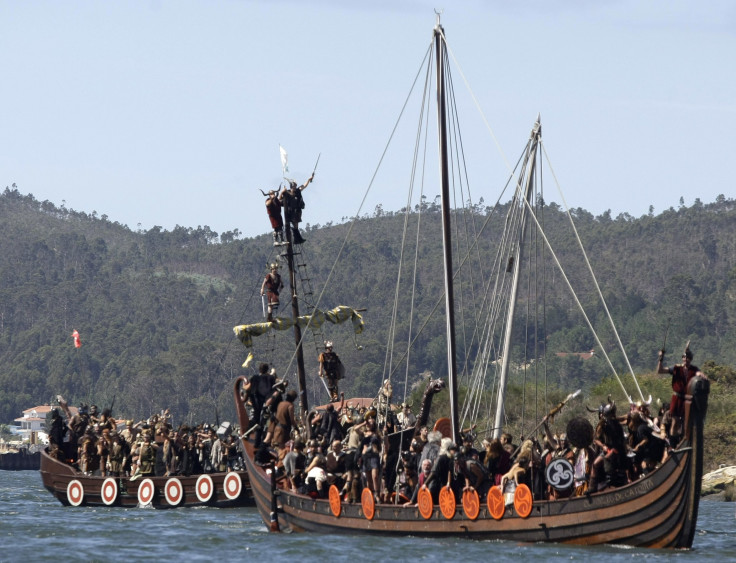Vikings Gorged on Seals, Skeletal Analysis Reveals

Greenland's ancient Viking settlers may have dined mostly on seals, a new isotopic analysis of Norse skeletons revealed.
Researchers say the latest discovery suggests that the mysterious disappearance of the Vikings from Greenland five centuries ago was not because of their inability to adapt to the island's icy environment.
"Our analysis shows that the Norse in Greenland ate lots of food from the sea, especially seals," researcher Jan Heinemeier of the Institute of Physics and Astronomy at Aarhus University said in a statement.
"Even though the Norse are traditionally thought of as farmers, they adapted quickly to the Arctic environment and the unique hunting opportunities."
After analyzing the carbon isotope rations in the bone samples of 80 Norse skeletons, scientists found that the Vikings gorged on seafood, particularly on seals, which made up between 50 to 80 percent of the early Greenland settlers' diet.
Researchers said that the first Viking settlers brought farming and livestock such as cattle, sheep, goats and pigs from Iceland to Greenland, but they noted that the new analysis challenges the theory that these settlers stubbornly stuck to their agriculture lifestyle until increasingly harsh environment drove them to starve or settle elsewhere.
Researchers also found archaeological evidence that shows that the Vikings kept fewer and fewer farm animals over time.
"So the farming identity was actually more a mental self-image... than it was a reality for ordinary people that were hardly picky eaters," co-researcher Jette Arneborg, curator at the National Museum of Denmark, said in a statement.
Researchers said that skeletal evidence also reveals that the Vikings gradually left Greenland as fewer and fewer young women were found in the graves from the period toward the end of the Norse settlement.
"This indicates that the young in particular were leaving Greenland, and when the numbers of fertile women drops, the population cannot support itself," researcher Niels Lynnerup, of the University of Copenhagen, said in a statement, adding that there was no evidence to suggest that the Vikings disappeared because of a natural disaster.
"If anything they might have become bored with eating seals out on the edge of the world," Lynnerup said.
Researchers said while the Vikings could adapt, how much they could adapt without giving up their identity was limited.
"Even though their diet became closer to that of the Inuit, the difference between the two groups was too great for the Norse to become Inuit," Arneborg said.
The latest research is published in the Journal of the North Atlantic, Special Volume 3, 2012.



























